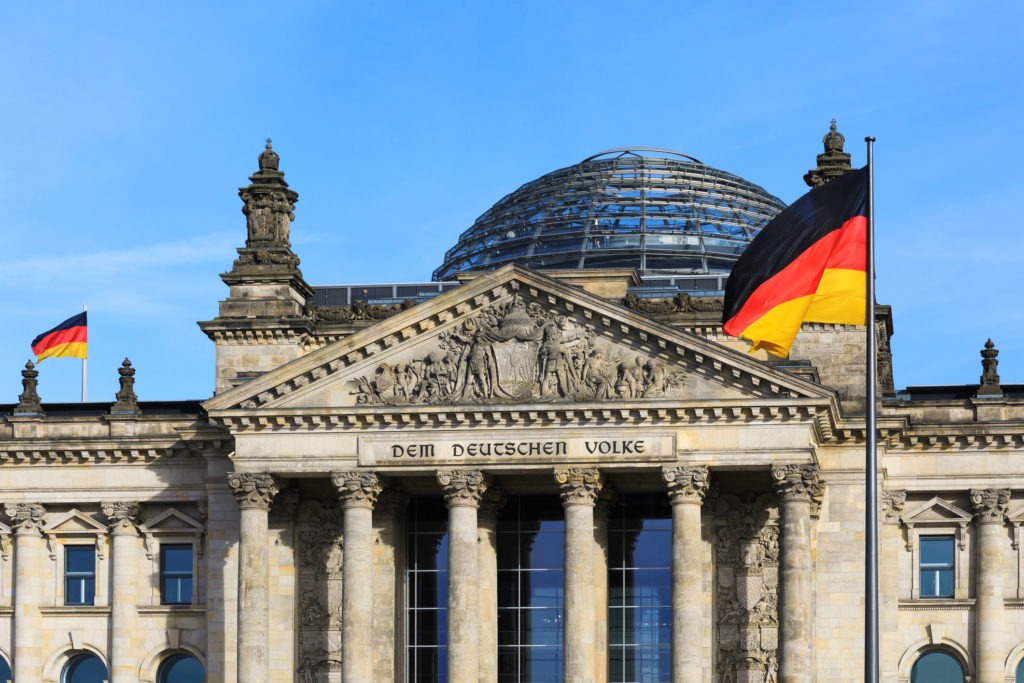Further German cities could introduce diesel bans over high NOx emissions
31 January 2018

31 January 2018
Up to ten German cities could be looking to ban diesel vehicles within their limits to achieve air quality targets.
An analysis by the Centre of Automotive Research (CAR) suggests that unless manufacturers carry out hardware retrofitting for older diesel models, such a move is ′very likely and will come to fruition with court rulings.’ This is the result of an analysis of the nitrogen dioxide pollution in 2015 and 2016, the first CAR calculations for the year 2017 and a ′conservative extrapolation for the year 2018.’
According to the investigation, Munich, Stuttgart, Cologne; three cities where bans have already been discussed at length, will be joined by Reutlingen, Hambury, Heilbronn, Kiel, Dusseldorf, Darmstadt and Ludwigsburg in outlawing diesel vehicles.
The German Federal Environment Agency evaluated the values ″‹″‹of the average exposure to nitrogen oxides (NOx) for the years 2015 and 2016. While an improvement on average of 5.7% year-on-year was seen in the 13 most heavily polluted areas, values remained at critical levels, above limits set to ensure there is no danger to health.
Federal Environment Minister Barbara Hendricks has pointed out in the dispute with the EU Commission on significant progress in the fight against air pollution in German cities. The number of cities in which EU limit values ″‹″‹for nitrogen oxides are exceeded, fell last year from 90 to 70, said the SPD politician.
The issues prompted Hendricks to meet with EU Environment Commissioner Karmenu Vella to discuss Germany’s missing of NOx targets. Speaking after this, the German minister commented: ′Of course, we are not where we need to be.” Of course, the EU limits would have to be met everywhere. The clean air emergency program will bring improvements.’
However, in an open letter, NABU, the German non-governmental organisation dedicated to conservation at home and abroad, called on Vella to continue the ongoing infringement proceedings against Germany for ′permanently exceeding the legal limit values ″‹″‹for nitrogen dioxide.’
NABU Federal Managing Director Leif Miller wrote: “Environment Minister Hendricks is driving empty-handed to Brussels. Unfortunately, the federal government has no plan and no unified position on how to effectively limit the burden on citizens with harmful nitrogen dioxide. The work of the expert groups of the National Diesel Forum has, unlike that of Minister Hendricks and Transport Minister Christian Schmidt in a letter to Commissioner Vella, not yet brought any substantial progress.
The NABU criticises the “emergency program Clean Air 2017-2020” of the Federal Government as insufficient and warns the retrofitting of diesel vehicles with too high nitrogen oxide emissions is required, and at the expense of the automaker.
Hardware retrofitting was rejected by manufacturers at the diesel summit in August, with leading executives claiming that the costs to make such changes would be far higher. Instead, a program of software updates, in development since June, would be rolled out, while manufacturers made donations to the municipal environmental fund.